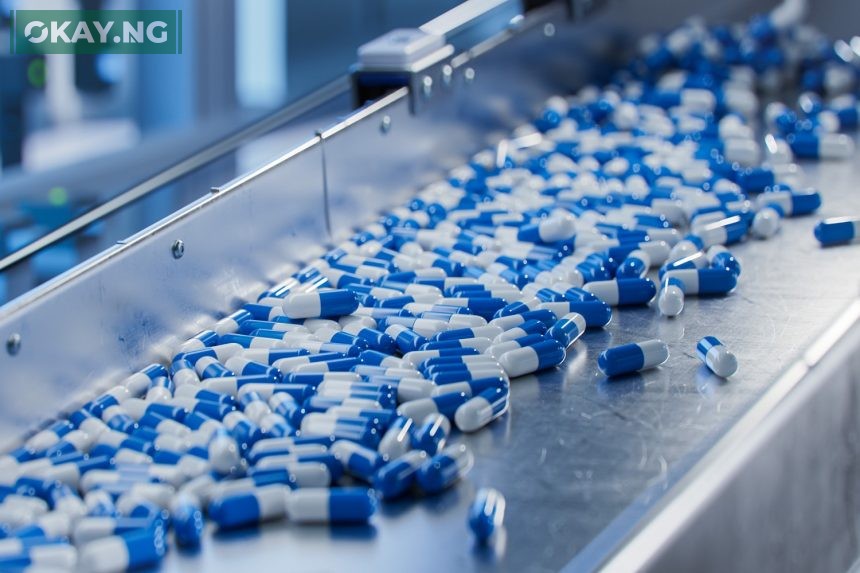In a strategic move aimed at fortifying Nigeria’s healthcare infrastructure and fostering self-reliance, the federal government has announced a comprehensive two-year exemption from import duties and Value Added Tax (VAT) on critical raw materials used in pharmaceutical production. This significant policy shift, spearheaded by President Bola Tinubu through the Ministry of Finance, seeks to alleviate the financial burdens on local manufacturers and ultimately, reduce the cost of essential medicines for Nigerians.
The Nigeria Customs Service (NCS) revealed that the exemption encompasses vital inputs such as Active Pharmaceutical Ingredients (APIs), excipients, and raw materials essential for producing life-saving medications, Long-Lasting Insecticidal Nets (LLINs), Rapid Diagnostic Kits, reagents, and packaging materials. This broad scope underscores the government’s commitment to addressing the multifaceted challenges within the nation’s healthcare sector.
“We believe this measure will significantly strengthen Nigeria’s healthcare sector and reduce healthcare costs and boost local manufacturing,” the NCS stated, highlighting the dual objectives of the initiative.
This policy aligns with the government’s ambitious goal, announced last year, to elevate local pharmaceutical production to meet at least 70% of domestic demand by 2030. Currently, Nigeria’s pharmaceutical market, projected to reach $1.84 billion by 2025 with oncology drugs leading the segment, grapples with a heavy reliance on imports, with over 70% of medicines sourced from abroad. This dependency exposes the nation to vulnerabilities in global supply chains and inflates healthcare expenditures.
I find myself reflecting on the potential human impact of this policy. Imagine the relief for families struggling to afford life-saving medications. This initiative extends beyond mere economic figures; it’s about accessibility and affordability, directly impacting the well-being of our communities.
To ensure the integrity and effectiveness of these fiscal incentives, the NCS has stipulated that only recognized pharmaceutical manufacturers, verified by the Federal Ministry of Health and Social Welfare, will be eligible. “To ensure these fiscal incentives achieve their purpose, only manufacturers with a valid Tax Identification Number (TIN) will benefit,” the Customs’ statement emphasized.
Transparency remains a cornerstone of this initiative. The NCS has pledged to compile and publish quarterly reports, detailing all importations under this exemption, including importer details, quantities, and values of imported items. This measure aims to foster accountability and ensure that the benefits reach the intended beneficiaries.
The customs service has called upon all stakeholders, including importers and regulatory bodies, to collaborate in realizing the policy’s objectives. The success of this initiative hinges on collective effort and vigilance.
This policy comes at a crucial time, especially as the nation grapples with economic pressures. The reduction in import costs could translate to lower prices for consumers, alleviating some of the financial strain faced by many. Moreover, it presents an opportunity to stimulate local industries, creating jobs and bolstering the economy.
The Nigerian government’s move signals a determined effort to build a resilient and self-sufficient healthcare system. By incentivizing local production, the nation aims to reduce its reliance on foreign imports and ensure that essential medicines are accessible and affordable for all Nigerians.













